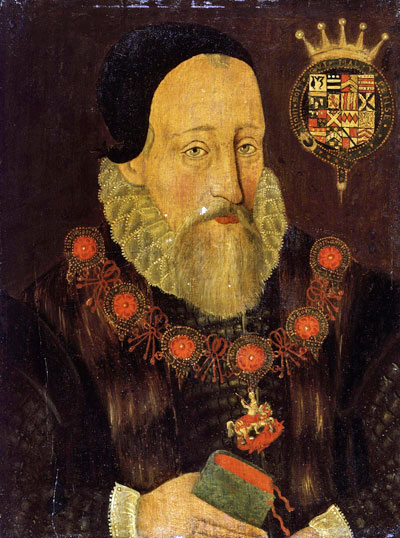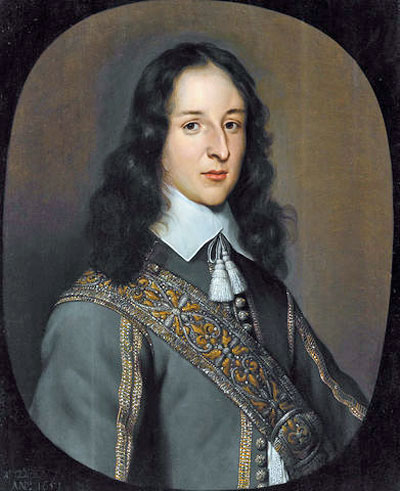History
 Lieutenants were first appointed to a number of English counties by King Henry VIII in the 1540s, when the military functions of the Sheriffs were handed over to them. Each Lieutenant raised and was responsible for the efficiency of the local militia units of his county, and afterwards of the yeomanry and volunteers. He was commander of these forces, whose officers he appointed. These commissions were originally of temporary duration, and only when the situation required the local militia to be specially supervised and well prepared; often when invasion by Scotland or France might be expected.
Lieutenants were first appointed to a number of English counties by King Henry VIII in the 1540s, when the military functions of the Sheriffs were handed over to them. Each Lieutenant raised and was responsible for the efficiency of the local militia units of his county, and afterwards of the yeomanry and volunteers. He was commander of these forces, whose officers he appointed. These commissions were originally of temporary duration, and only when the situation required the local militia to be specially supervised and well prepared; often when invasion by Scotland or France might be expected.
Lieutenancies soon became more organised, probably in the reign of Henry's successor King Edward VI, their establishment being approved by the English parliament in 1550. However, it was not until the threat of invasion by the forces of Spain in 1585 that Lieutenants were appointed to all counties and became in effect permanent. The first Lord-Lieutenant of Yorkshire was Henry Hastings, 3rd Earl of Huntingdon, who was appointed in 1586. Although some counties were left without Lieutenants during the 1590s, following the defeat of the Spanish Armada, the office continued to exist, and was retained by King James I even after the end of the Anglo-Spanish War.
The office of Lord-Lieutenant was abolished under Cromwell’s Commonwealth, but was re-established following the Restoration of King Charles II in 1660, at which time Yorkshire was split into three Ridings: North, East and West. The North Riding’s first Lord-Lieutenant, appointed in 1660, was Thomas Belasyse, 2nd Viscount Fauconberg. South Yorkshire gained its own Lord-Lieutenant in 1974 when it was separated from the West Riding. Since 1996 the North Yorkshire Lieutenancy has included the area south of the River Tees in the former county of Cleveland.

Following the Restoration in 1660 the Lord-Lieutenants were restored and given greater powers; it was only in 1921 that they lost the power to call on able-bodied men to fight. Nevertheless, duties connected with the Armed Forces of the Crown, and in particular the Volunteer Reserve Forces and Cadets, remain an important part of today’s role.
Today the Lord-Lieutenant is an honorary and unpaid office appointed by the Crown, under letters patent, on the recommendation of the Prime Minister, and holds the Office until retirement at not later than the age of 75. Today, the primary duty of Lord-Lieutenants is to be the Sovereign's representative in their county, and to uphold the dignity of the Crown. They arrange visits of Members of The Royal Family, receiving and escorting them as required; they are involved in the honours system (including The King's Awards for Enterprise and Voluntary Service); they liaise with local units of the Armed Forces, their Reserves and Cadet Organisations; they participate in civic, voluntary and social events.